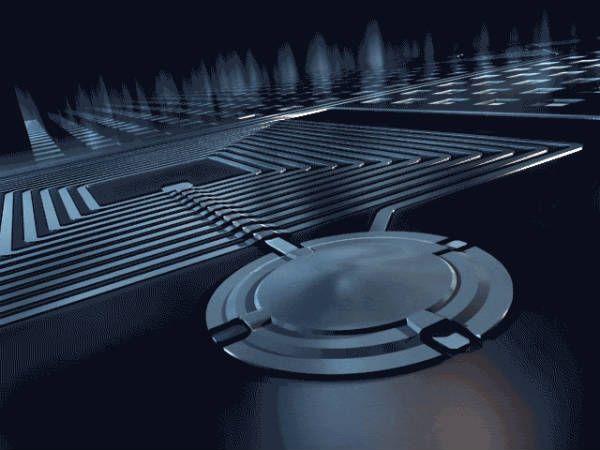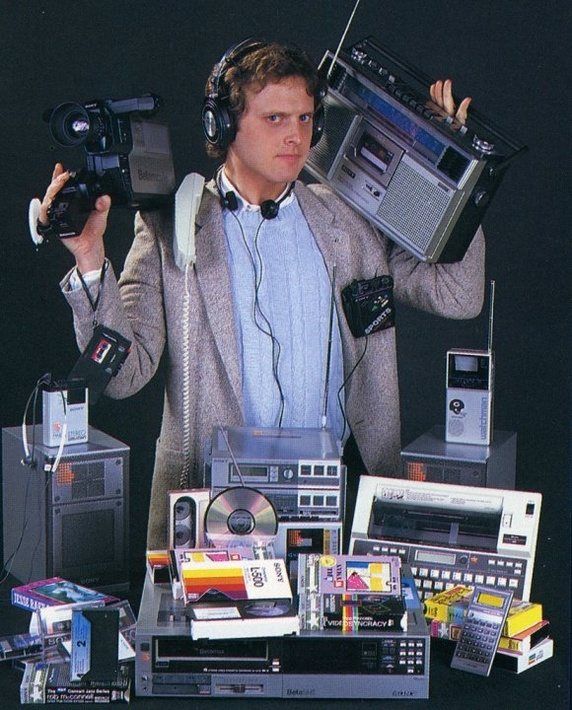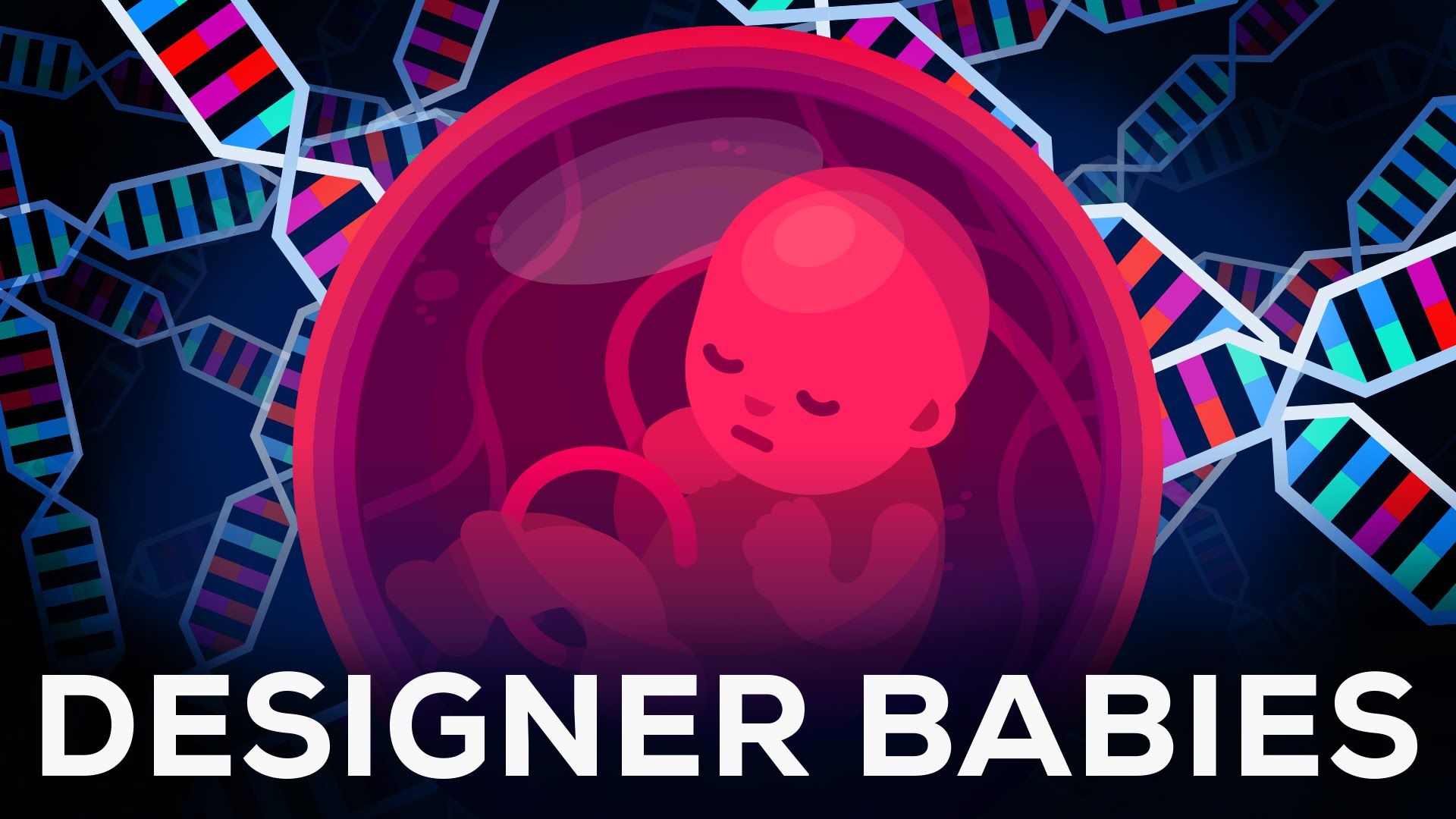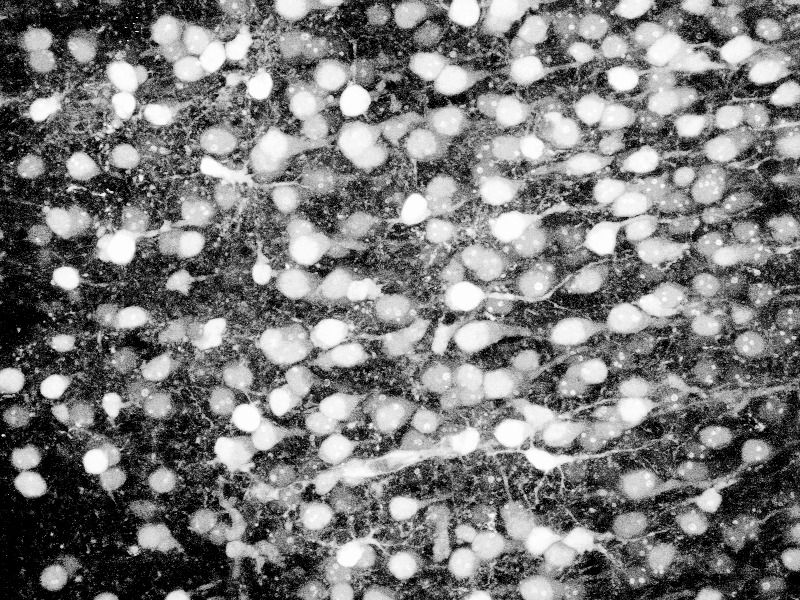Aug 13, 2016
Is Quantum the Future of High-Performance Analytics?
Posted by Karen Hurst in categories: computing, particle physics, quantum physics
If you think quantum computing sounds like something out of science fiction, you’re not alone. It’s still more theory than practice, but it might be able to answer questions that are unsolvable by current computers. Earlier this year, IBM made a small quantum computer available via the cloud.
Quantum Mechanics and the Weirdness of Particles
To understand quantum computers, you must first know a little bit about quantum mechanics. In the briefest possible description, quantum mechanics is the branch of physics that models how particles behave at the smallest scales.
Continue reading “Is Quantum the Future of High-Performance Analytics?” »

















